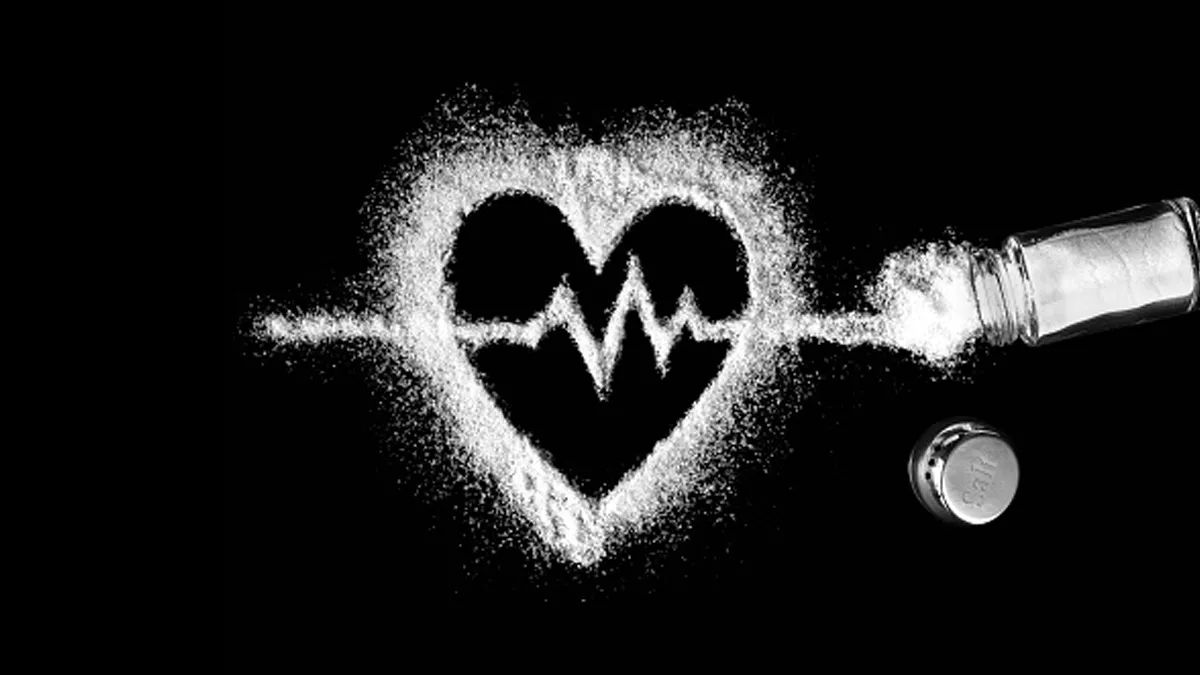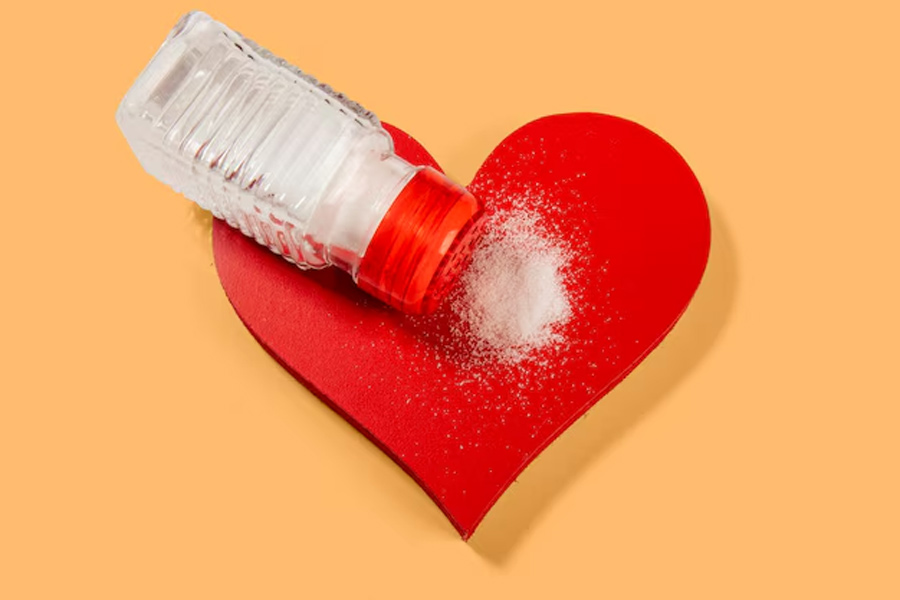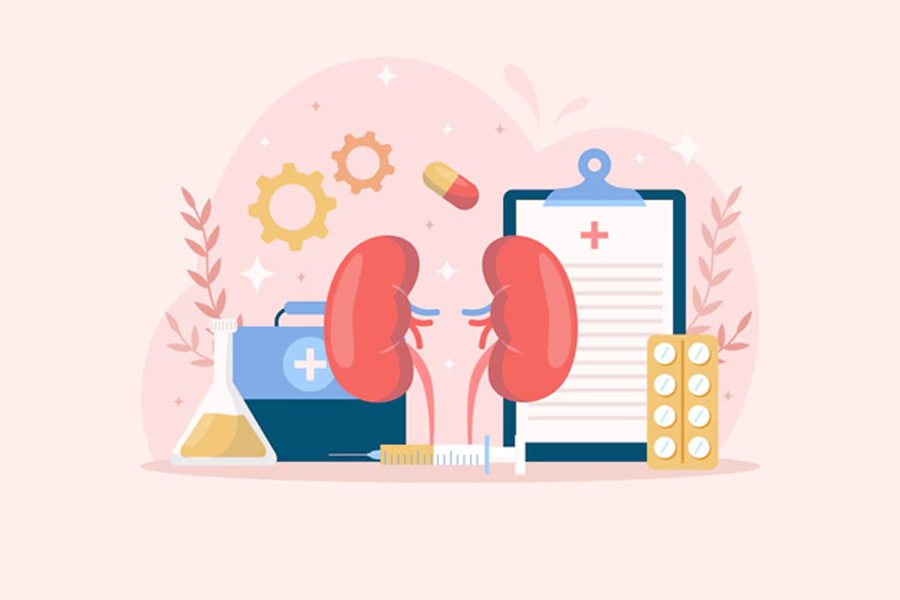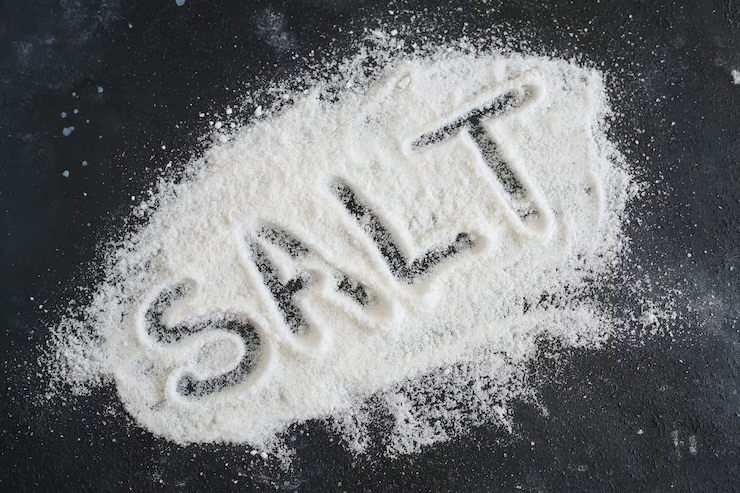
What Happens When You Eat Too Much Salt: Expert Reveals Impact On Heart And Kidney
What Excess Salt Intake Does To Your Heart And Kidney: We all love adding a pinch of salt to our food, but have you ever wondered what happens when you eat too much of it? While salt is essential for the body in small amounts, excessive consumption can lead to some serious health issues. To understand the impact of eating too much salt, we spoke to Dr Shubendu Mohanty, Sr Consultant, Shardacare - Healthy City. Here's what the expert had to say about the effects of excessive salt on our heart and kidneys:
Importance of Salt In The Body
Salt is made up of sodium and chloride, both of which are vital for maintaining proper fluid balance, nerve function, and muscle function. However, like everything in life, balance is key. The recommended daily intake of salt for an average adult is about 6 grams, or around one teaspoon. But many of us consume much more than that, often unknowingly, through processed foods, restaurant meals, and even snacks.
How Does Salt Affect Heart Health?
Too much salt intake contributes to high levels of sodium in the blood. Dr Shubendu Mohanty shared, “Excess sodium makes the body hold more water, which dilates blood vessels, thus raising blood pressure. High blood pressure, if maintained in the long term, can weaken blood vessels and create conditions for heart disease, heart attack, and stroke.”

Besides that, excessive salt consumption can lead to the thickening of the walls of the heart, which is referred to as left ventricular hypertrophy. This causes the heart to function improperly and may lead to heart failure.
How Does Salt Affect Kidneys?

The kidneys are important in eliminating excess sodium from the bloodstream. Dr Shubendu Mohanty explains, “A salty diet may put too much pressure on their ability to do so, resulting in blood pressure and water retention. With time, this can result in kidney injury, as seen through proteinuria (protein in urine), and advance to chronic kidney disease (CKD). Increased intake of salt also causes calcium in urine, leading to kidney stone formation.”
Don't miss: Poor Digestion Leads To Hormonal Imbalance? Expert Says 4 Ways It Can Happen
Health Risks of Excess Salt Intake
Eating too much salt can cause serious health issues, which include:
i) Stroke: High blood pressure also increases the risk of stroke, as it can damage blood vessels in the brain and lead to blockages or ruptures
ii) Edema: Salt excess may lead to water retention in the legs, ankles, and around the eyes.

iii) Hypertension: Excessive salt consumption is one of the greatest causes of high blood pressure, a prevalent risk factor for heart disease and stroke, according to the National Institutes of Health (NIH).
Don't miss: How Can Pilates Help in Posture Correction: Expert Shares Techniques And Benefits
Tips For Reducing Salt Intake And Improving Overall Health
Moderating salt intake can reduce the risk of heart and kidney issues to a great extent, promoting overall well-being. Here are some tips from our expert:
i) Reduce Salt Consumption: Keep sodium levels below 2,300 mg daily, or 1,500 mg for those with high blood pressure or kidney disease.
ii) Read Food Labels: Select low-sodium products and also carefully check for salt hidden in packaged foods.
iii) Home Cooked Meals: Cooking meals gives you control over the amount of salt used.
iv) Stay Hydrated: Keeping well-hydrated supports healthy kidneys.
By being mindful of how much salt you eat and making small changes to your diet, you can help protect your heart, kidneys, and overall health.
For more such stories, stay tuned to HerZindagi.
Image credit: Freepik
Also watch this video
Herzindagi video